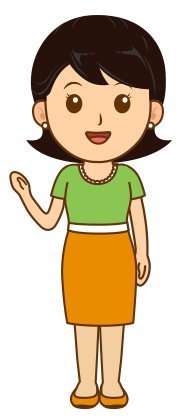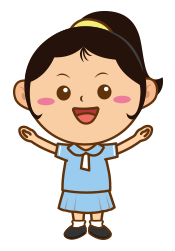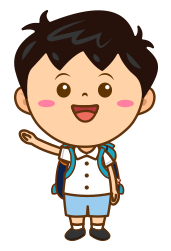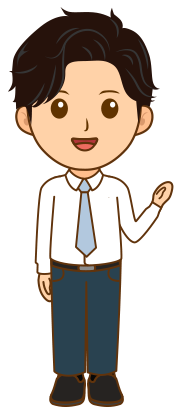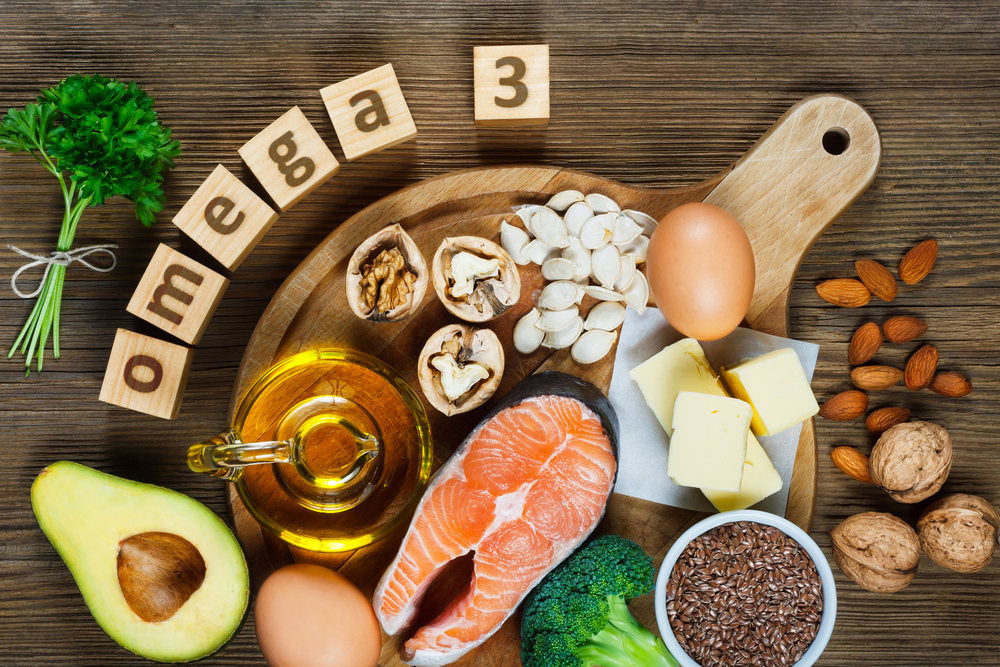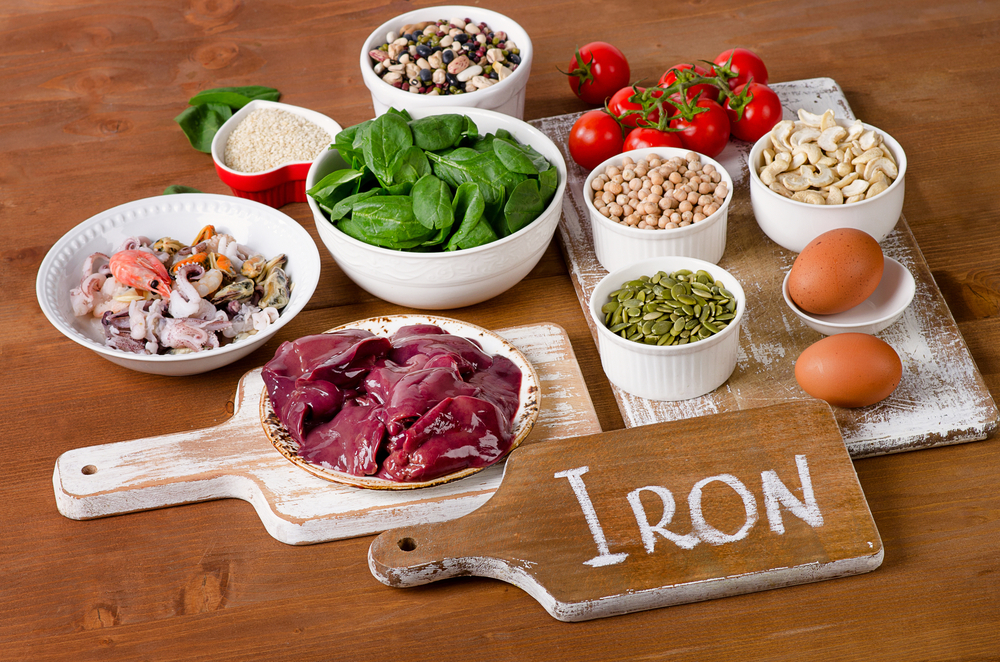Parents Zone
October 2022

Written by: Director of Curriculum and Training, Financial Education Association
Mr. Kwan Hin Bun
In many cases, the biggest blow to a child is not the failure itself, but his or her understanding of the failure. For example, if a child is not selected to represent the school in an inter-school competition, the usual reason they think of is that they are not as good as their classmates. But there may be other reasons behind it. Maybe the teacher is worried that if he gets hurt, he won’t be able to represent the school in other more important competitions. This is not to teach children to avoid responsibility, but sometimes we need to make them understand that it is indeed their own factors that lead to failure.
Parents need to remind their children that anyone who starts something will always have difficulty. Parents should encourage their children to persevere to the end, without taking the requirement of perfection too seriously. Don’t be impatient to provide help to your child; let them try to meet the challenge in a different way. For example, if your child has difficulty learning to write Chinese characters, let him or her copy them first.
As children, their attitudes toward people and things around them are often unstable and easily influenced by emotions and other factors. When faced with difficulties and failures, they tend to develop negative emotions and fail to deal with failures with the right attitude, thus creating resilience. At this time, parents should tell their children in time, failure is not terrible, as long as a little brave can do a good job, learn from the failure to see how to do next time. Parents should consciously use their children’s failures as educational opportunities to guide their children to regain their courage and try again with boldness and confidence. At the same time, educate your child to face difficulties and setbacks, to improve the ability to overcome difficulties and resilience.
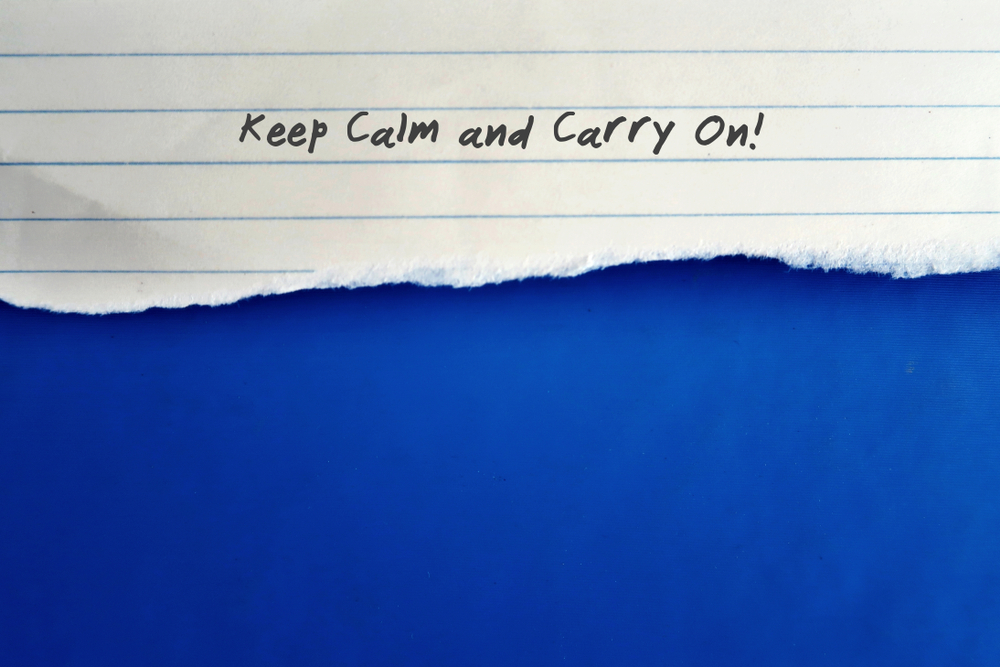
In life, no one can remain unbeaten for a long time, like China’s “hurdle king” Liu Xiang who also lost in the London Olympics. Only those who are brave enough to face failure will have the chance to show their smiles of success again.
Parents should know how to teach their children to be brave in the face of failure, because no one is always successful in life. We understand from childhood that “failure is the mother of success”, so there is nothing to be afraid of when we face up to failure. However, if we look at our understanding of this statement, we should focus on “success” rather than “failure”, so that our recognition of failure is still conditional. When failure is no guarantee of future success, Failure, is still a shame and a sin. Therefore, parents must be clear about whether they are teaching their children to face failure or to avoid it!



